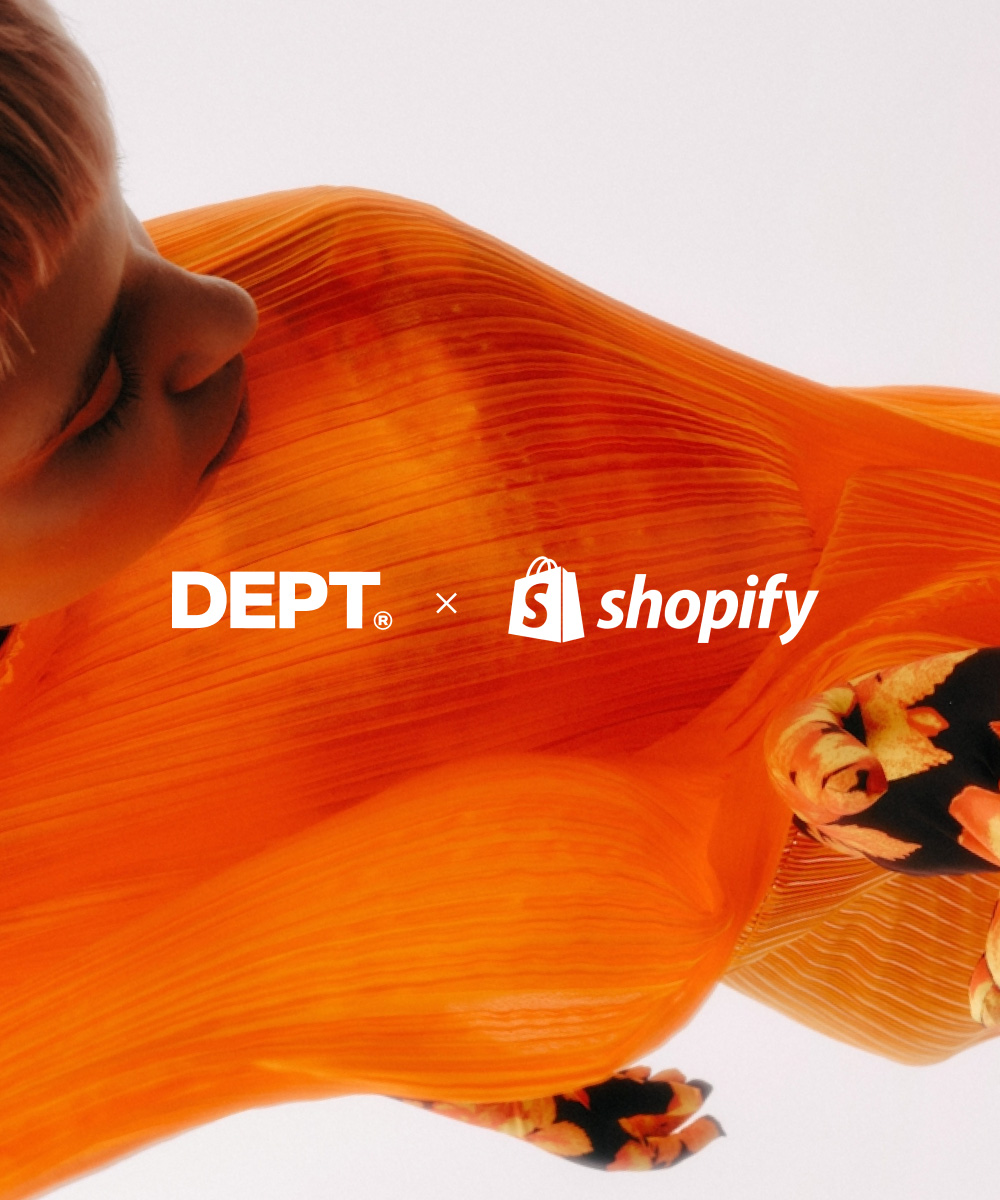Why building trust makes business sense

Consumers now have instant access to pretty much anything, anywhere. The transition towards living the majority of our lives online, making increasing volumes of decisions and purchases with simple swipes and clicks, has been built on trust. Trust that our orders will be delivered on time, our personal data won’t be shared without permission and that the businesses we spend with truly align with our personal values and morals. Trust is central to digital, but it is waning. The pandemic, resulting economic crisis and ongoing outcry over racial injustice put consumer trust to the test throughout the last year; with trust in UK-headquartered companies falling five points to 56%, its lowest position in eight years of tracking, on the 2021 Edelman Trust Barometer.
Across the world, the Edelman report shows that trust tumbled almost four points on average across the world’s largest economies last year. Interestingly, of the four institutions analysed (business, government, NGOs and media) the majority of trust shifted from government to business; although its ranking of 61% was only two points above the neutral category. Businesses now have a prime opportunity to advance ahead, but as the significance of trust will continue to intensify they will need to prove that they can evolve with trust trends to succeed in the new reality.
Authentic accumulation
There are three primary areas that businesses are experimenting within to gain trust: climate; privacy; and corporate citizenship. Although it’s true that the majority of people want to align with brands that have a positive environmental impact, handle personal and sensitive information securely and are on the whole acting with integrity for their customers and internal teams; a focus on these themes has seen companies share their promises en masse, leading it to become expected by consumers, rather than a unique proposition that helps build trust.
As a result, this is no longer enough. Now, companies need to distinguish what is base level best practice, and where the brand can gain an edge and build trust through authentically brand-aligned narratives.
Brands can learn valuable lessons in authenticity from the BBC. According to the Reuters Digital News Report 2021, it is the most trusted news network in the UK.
Why? Partly because it is strictly regulated and impartial, but largely because it places significant value on accuracy of reporting over speed, unlike many of its distrusted competitors. The BBC recognises that the information overload digital has created reduces trust levels, and leverages this as a driver to be the most trusted news brand, focusing on being reliable rather than being the first.
Developing a trust narrative
Genuine trust cannot be gained solely through marketing spend. It is a much longer burn strategy that needs to be bought into by the board and CEO, and cemented in the vision and mission in order to effectively trickle through to the wider organisation.
To be truly authentic, brands need to avoid paying lip service through disingenuous campaigns and buzzwords. With public awareness and tension continually growing around ‘greenwashing’ and ‘rainbow-washing’ in relation to environmental and Pride campaigns, it’s important to find trust narratives that best align with the brand and target groups, and embed them throughout the business all year round rather than an awareness day, week or month.
By aligning with a narrative in an authentic way, brands can build trust through storytelling. Divine Chocolate serves as a great example, which through its ‘Divine Difference’ initiative has grown to become a farmer co-owned company, using the power of chocolate to delight customers while building dignified trading relationships with cocoa farmers who earn a share of the profits they help to create. The brand frequently shares stories about its farmers and innovative projects delivered, including enabling women to secure their land rights and developing forest-friendly farming to help protect the rainforest.
New age appeal
The shift in generational dominance is putting trust even higher on the agenda. Younger, digital-native consumers are significantly more hesitant about pledging loyalty and trust to brands. Therefore, a ‘one and done’ campaign isn’t going to deliver amongst a Gen Z audience.
These new age customers expect transparency but won’t necessarily ask for it, so they respect businesses that hold themselves accountable so that they don’t have to. A recent study found that 75% of Gen Z felt that being politically or socially engaged was very important to their identity. Being significantly more activism led than older generations, to effectively engage with and build trust amongst this group, brands need to live and breathe their chosen trust narrative to ensure that every brand engagement is mutually valuable.
Exponential, fundamental change is happening in the digital world. With the cookie quickly crumbling and demands for positive impact increasing, brands are scrambling to future-ready themselves. But a belief that doing good is good business will help brands navigate the changing landscape and establish a strong value exchange that will be essential to succeed in this new reality.
More Insights?
View all InsightsQuestions?
Marketing Director, UK&I



